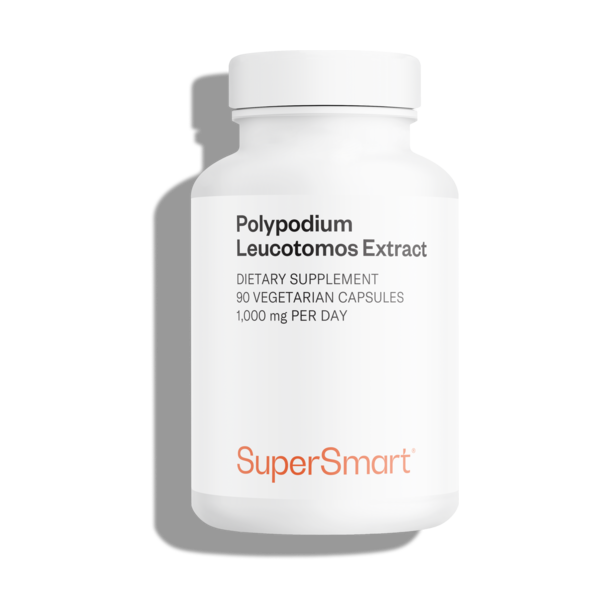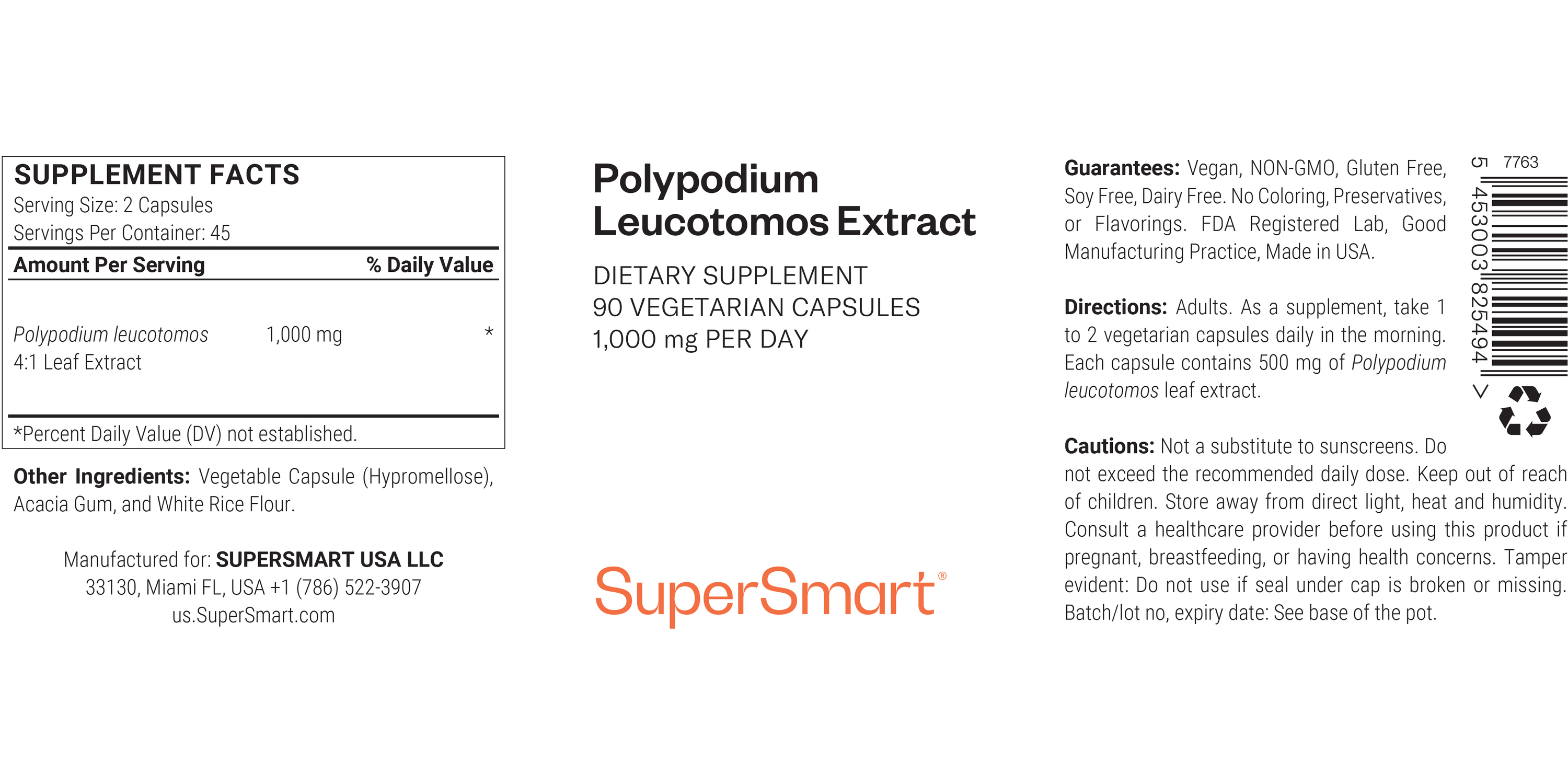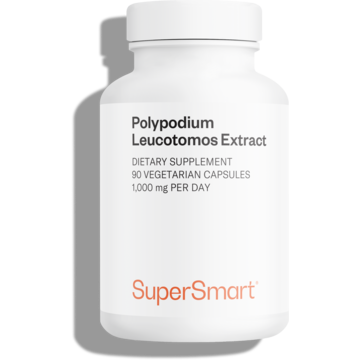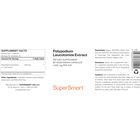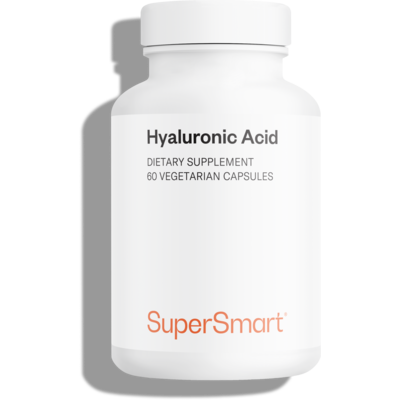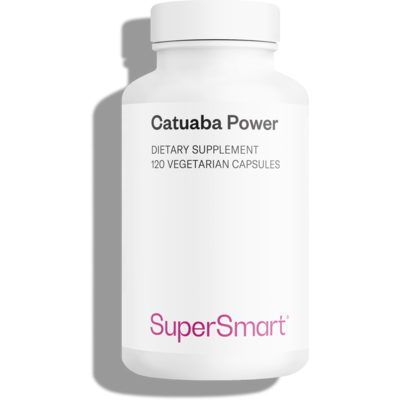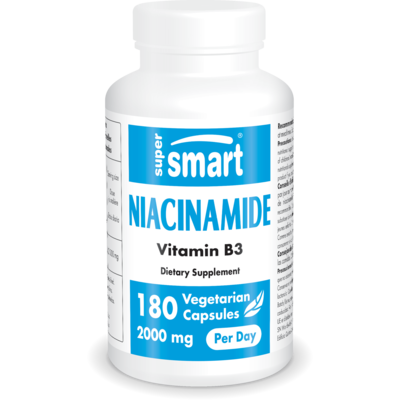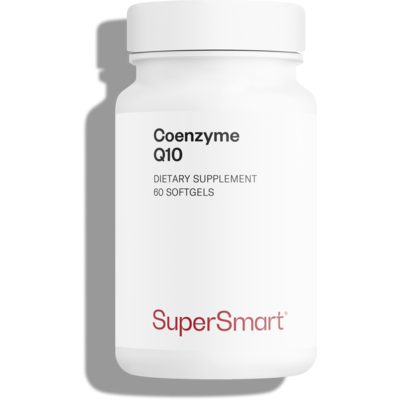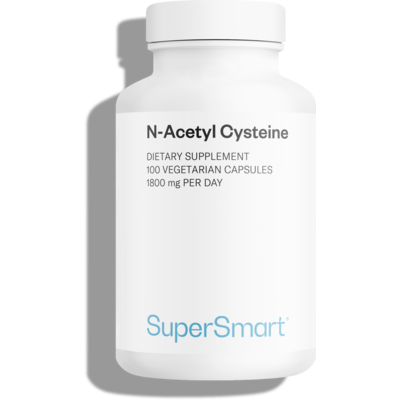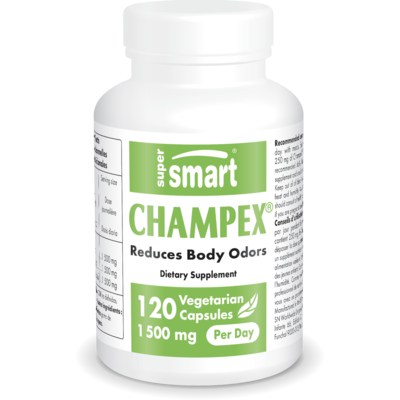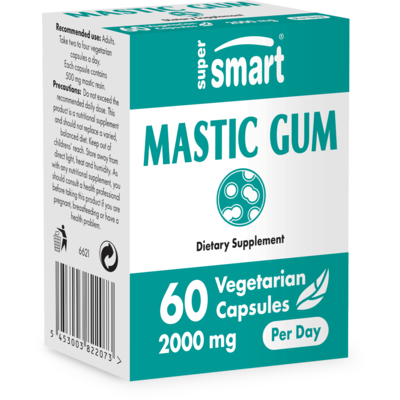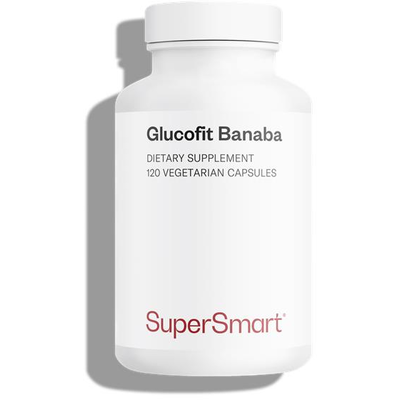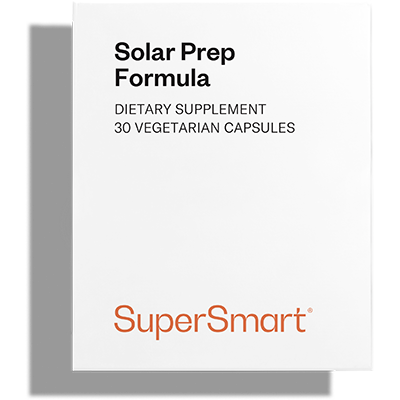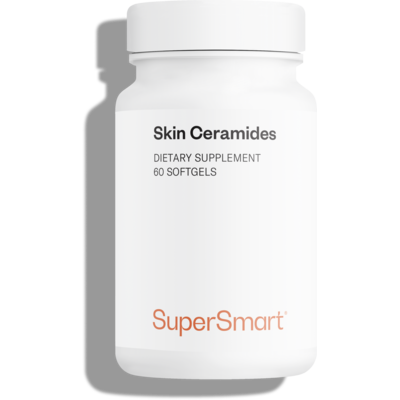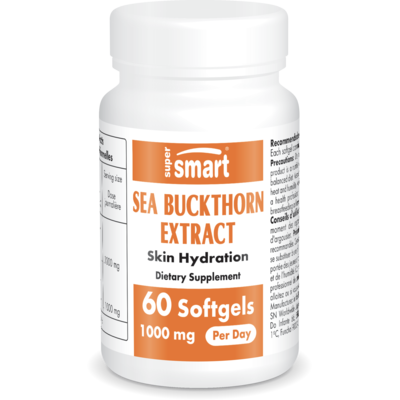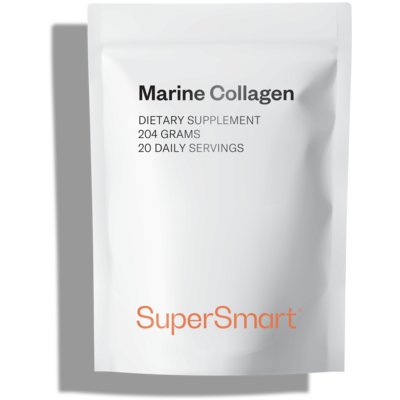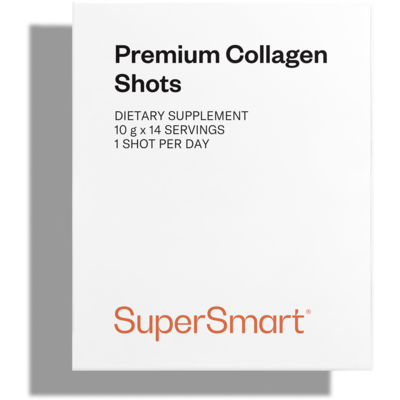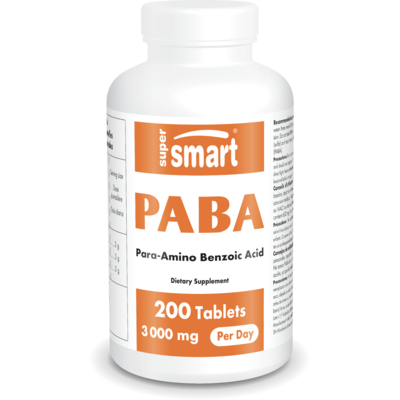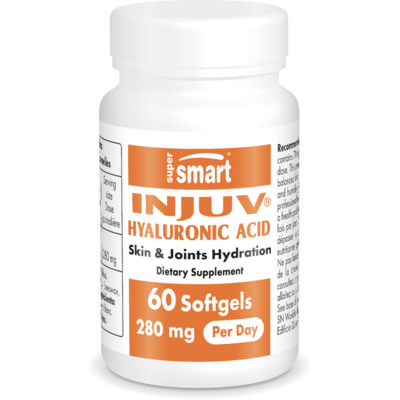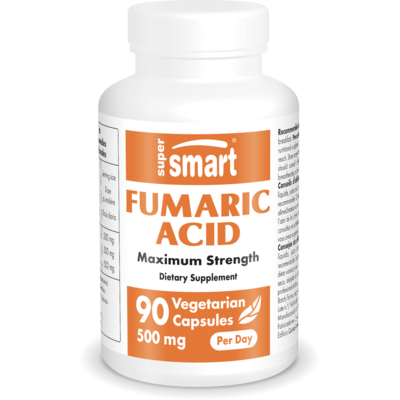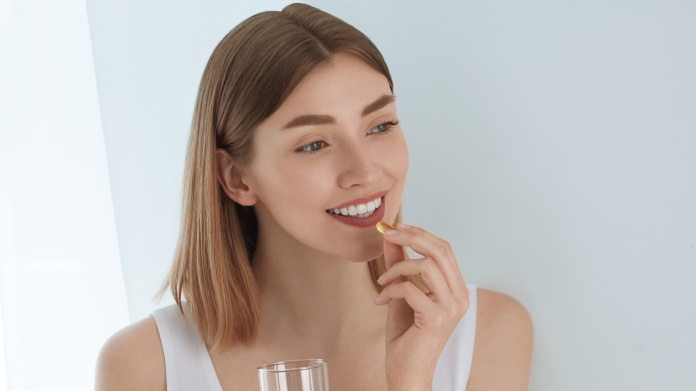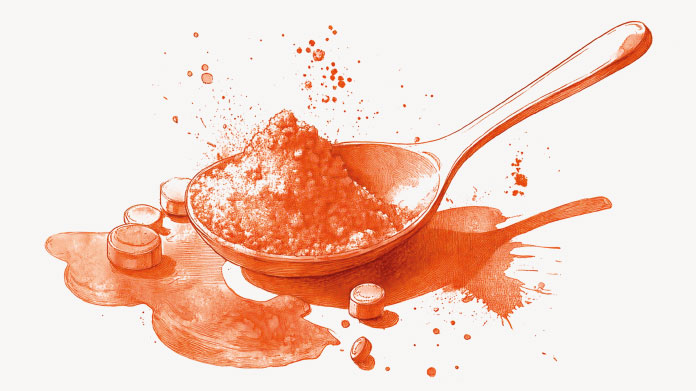In Stock
Polypodium Leucotomos Extract
Polypodium Leucotomos Extract Supplement for Skin *
Create Your Offer
Our Polypodium Leucotomos Extract supplement is a botanical formula designed to potentially help support skin comfort and resilience.* It features a fern native to tropical forests of Central America, and more specifically Honduras.* Reportedly long used in South American practices, this plant may have a role in promoting skin wellness and clarity, as well as natural recovery processes.*
Potential Benefits of Polypodium Leucotomos Extract*
Possible Antioxidant and Photoprotective Properties*
Our Polypodium leucotomos supplement is designed for individuals seeking to support healthy-looking skin and maintain comfort through daily environmental exposure.*
This tropical fern extract might be known for its potential soothing, antioxidant, photoprotective, and immunomodulatory characteristics, and may help support the body’s natural response to environmental factors.*
Skin Tissue Structure and Cellular Integrity*
This possibly soothing plant-based formulation may be inspired by emerging scientific studies and designed to support skin wellness and resilience.*
Hence, it may:*
- Help support the structural integrity of skin tissues.*
- Assist in maintaining cellular health within the skin.*
- Help soothe the skin and support its natural immune response.*
- Offer antioxidant activity that could help neutralize free radicals and reactive oxygen species, potentially including superoxide anion.*
How May this Tropical Plant Help with Skin Comfort and Redness?*
Traditional Uses for Skin Soothing*
Polypodium leucotomos seems to have been traditionally used for its skin-calming properties.* While scientific studies are still ongoing, early research appears to suggest that this tropical fern extract may help support overall skin comfort, including visible redness and sensitivity.*
Its naturally occurring compounds might have been studied for their potential to help modulate the skin’s natural immune response and contribute to a more balanced appearance.* These effects may be linked to the plant’s influence on key signaling pathways involved in skin reactivity.*
Temporary skin redness may occur due to environmental factors such as sun exposure, skin sensitivity, or external irritants.* Polypodium leucotomos is studied for its potential to support the skin’s natural response to these external challenges and promote a balanced, even appearance.*
Preliminary research appears to suggest that oral supplementation with this tropical fern extract may help reduce visible signs of temporary redness and support skin recovery after sun exposure.* These effects might be linked to the extract’s antioxidant properties and its influence on the skin’s natural defenses.*
WARNINGS
Do not exceed the recommended daily dose. This product is a nutritional supplement and should not be used as a substitute for a varied and balanced diet or a healthy lifestyle.
STORAGE
Store in a cool, dry place away from direct sunlight, heat, and humidity. Keep out of reach of children.
PREGNANCY AND MEDICAL CONDITIONS
If you are pregnant, breastfeeding, or have any medical conditions, consult your healthcare provider before using this product.
SUPPLEMENT INTERACTIONS
Consult your healthcare provider before use, especially if you are taking any medications or other supplements as there may be potential interactions.
april 18 2025
Good product!
december 3 2024
I love it. It works.
september 27 2024
Great product
may 18 2024
This is a good product
december 12 2023
Really good
Need Help?
Phone
+1 (786) 522-3907
From 9 am to 6 pm (EST)
You May Also Like

